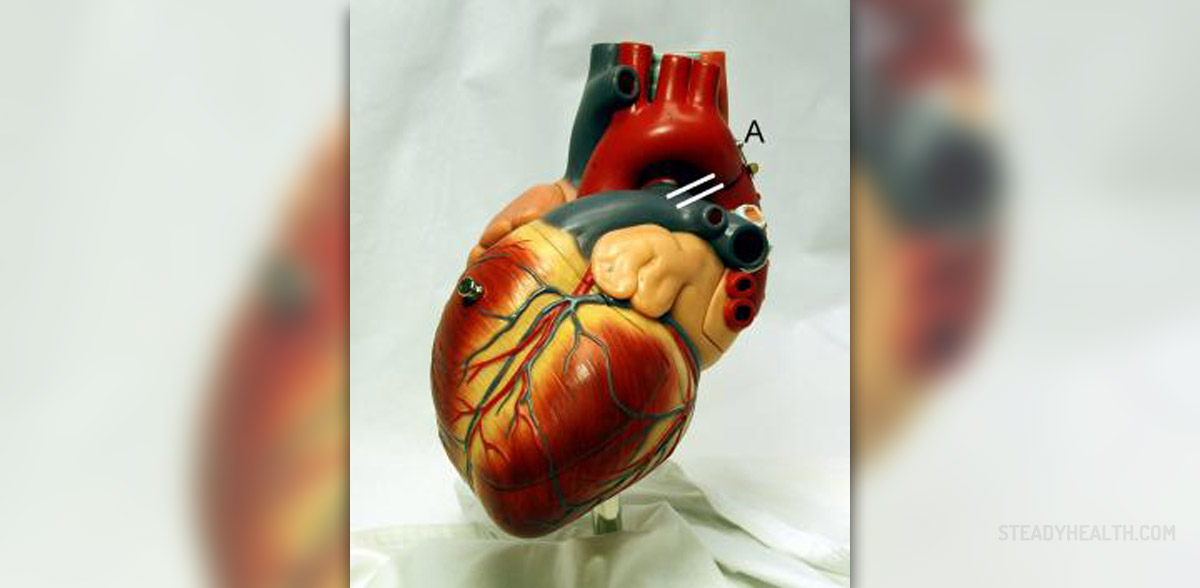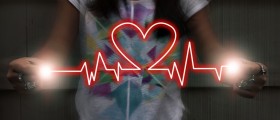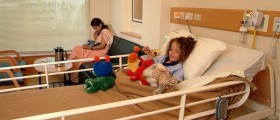
Congestive heart failure is a serious and life threatening medical condition caused by the heart's inability to pump blood properly and supply all other organs with adequate amounts of oxygen. This medical condition can affect people of all ages. However, it is most commonly diagnosed in elderly patients.
Low cardiac output is the main characteristic of congestive heart failure. The results are devastating and the brain as well as other organs are deprived of a sufficient amount of oxygen.
Congestive Heart Failure: Causes
The leading cause of congestive heart failure is coronary artery disease. This medical condition occurs as a consequence of atherosclerosis of coronary arteries. The affected blood vessels become hard, lose their elasticity and are prone to clot formation. These blood clots may eventually dislodge and block the distal part of the artery and cause serious obstruction of blood flow. Congestive heart failure may be associated with other heart conditions such as inflammation of the heart muscles, defects of the heart muscles and/ or valves, high blood pressure, congenital hear conditions etc.
Congestive heart failure may also develop as a consequence of hyperthyroidism in which increased rate of metabolism increases demand for blood and leads to too much pressure on the heart. If this lasts long enough the heart simply loses its strength and becomes weak. Even in anemia the heart may be pushed to pump extra amount of blood which may eventually result in congestive heart failure.
Congestive Heart Failure:Symptoms
Acute congestive heart failure features with severe symptoms and signs such as fainting, shock and even cardiac arrest. Sudden death may occur as well. Acute congestive heart failure generally develops due to heart attack. Unlike acute congestive heart failure, chronic form of the disease features with slow progression and the symptoms gradually become more prominent. In initial stages a patient complains about fatigue. The progression of the illness leads to additional symptoms and signs such as edema of the feet and ankles and shortness of breath (particularly during physical exertion). In severe form a patient may develop pulmonary edema. Accumulation of the fluid in the abdominal cavity may be accompanied by abdominal pain, nausea and loss of appetite.
Congestive Heart Failure: Diagnosis and Treatment
Patient's medical history, physical exam and additional tests and examination such as EKG, echocardiography, chest X ray are essential in diagnosing congestive heart failure. Catheterization is another test whose goal is to asses the condition of arteries and measure heart performance and the pressure.
The treatment of congestive heart failure includes treatment of the underlying condition and treatment of symptoms and signs of heart congestion. There are many medications which may be administered and ACE inhibitors, beta blockers, digoxin, diuretics, vasodilatators are only some of them. In some cases implantable medical devices are necessary. Even heart transplantation may be required if all of the treatment modalities fail.
















Your thoughts on this
Loading...